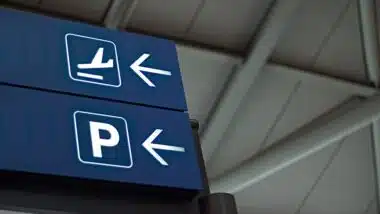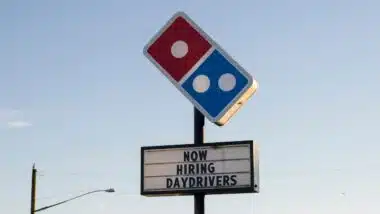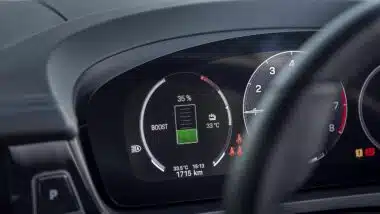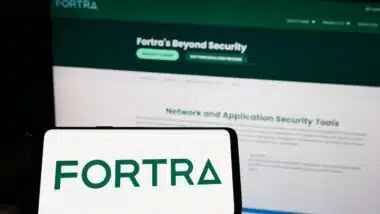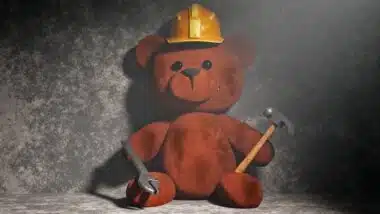Who may qualify for a California wildfire lawsuit
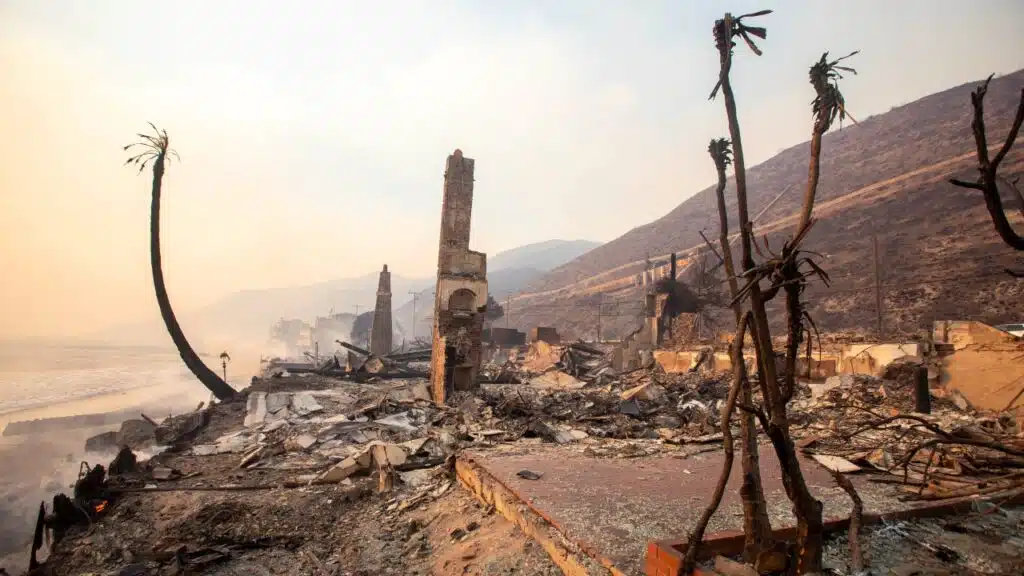
If you’ve suffered losses from a California wildfire—such as improper insurance claims handling, property damage, health problems from smoke exposure, or business interruption—you may be eligible to seek compensation. Fill out the form on this page to see if you qualify.
California wildfires have caused devastating damage to homes, businesses, and communities. But for many, the destruction is only the beginning. Victims are often left to battle insurance companies, deal with long-term health risks, and recover from financial losses caused by the negligence of others.
Top Class Actions is working with attorneys to help individuals and businesses navigate these challenges and pursue compensation. Whether you’re dealing with a denied, delayed, or undervalued insurance claim, toxic exposure, or believe a utility company negligently caused the fire, your case may qualify for legal action.
Do you qualify?
You may qualify for a California wildfire lawsuit if:
- Your home or business was damaged or destroyed by wildfire.
- Your insurance claim was denied, delayed, or underpaid.
- You or a loved one developed health issues due to toxic smoke or ash.
- The fire was caused by negligent utility company practices.
- You experienced evacuation-related losses, displacement, or trauma.
Even if you’ve already received an insurance payout for fire-related damage, you may still be eligible for additional compensation depending on how your claim was handled.
Fill out the form on this page for more information.
Types of California wildfire claims that may qualify
Bad Faith Insurance Denials
Many California wildfire victims with valid homeowners or renters insurance are being denied coverage or offered far less than they’re entitled to—often by major insurers like State Farm, USAA, AAA, and the state-backed CAL FAIR Plan, which was created as a last resort for those who can’t get traditional coverage.
If your insurer delayed, denied, or undervalued your claim without a valid reason, you may have a case. Examples of insurance bad faith include:
- Denied or delayed payment despite valid documentation
- Rejection of smoke or ash damage claims
- Payouts that don’t reflect your actual losses
- Refusal to properly investigate and pay for wildfire smoke damage cleanup, despite legal obligations, leaving homes contaminated with hazardous chemical residue.
Read more:
- Ten victims of the Jan. 7 fires sue the California Fair Plan over smoke damages: The lawsuit alleges that the California FAIR Plan and 10 major California home insurers acted in bad faith by refusing to properly investigate and pay for wildfire smoke damage cleanup, despite legal obligations to do so. Plaintiffs claim the smoke left their homes contaminated with hazardous chemical residue.
- Insurers like AAA and USAA are being sued for insurance fraud: Wildfire victims in Los Angeles County have filed lawsuits accusing AAA and USAA of engaging in insurance fraud by underpaying or denying legitimate claims, using misleading practices to avoid full payouts for fire-related losses.
- Landmark ruling: CAL FAIR Plan shortchanging smoke-damage victims: A judge ruled that the CAL FAIR Plan—the state’s insurer of last resort—failed to adequately compensate homeowners for smoke and ash damage, potentially setting a precedent for more victims to recover full insurance benefits.
Toxic Ash and Smoke Exposure
Even if your home survived the flames, lingering toxins from ash and smoke can pose serious health risks, especially for children, older adults, and those with respiratory conditions.
You may qualify if you’ve experienced:
- Long-term smoke or ash exposure
- Health issues tied to wildfire pollution
- Medical expenses or the need for ongoing medical monitoring
Negligence by Utility Companies
Utility companies such as Southern California Edison, PG&E, Pacific Power and SDG&E are facing lawsuits for failing to maintain equipment and for not shutting down power lines during high-risk conditions.
You may qualify if:
- Your home or property was lost in a fire sparked by power lines or faulty equipment
- You suffered financial or emotional harm due to preventable fire damage
Read more:
- Utility company negligence lawsuits name SoCal Edison and LADWP: Multiple lawsuits allege that Southern California Edison’s (SCE) aging transmission infrastructure, including faulty equipment and failure to de-energize lines despite red-flag warnings, sparked the Eaton Fire in January 2025. Other lawsuits accuse the Los Angeles Department of Water and Power (LADWP) of exacerbating the Palisades Fire due to its failure to maintain its water supply system and reservoirs.
Governmental Liability for Failure to Respond (Palisades Fire and Others)
Some California wildfire claims are being brought against government agencies that allegedly failed to act quickly or properly during wildfire emergencies, especially in fast-moving events like the Palisades Fire.
While these lawsuits face additional legal hurdles, victims may still have options to pursue claims related to:
- Delayed or negligent emergency response
- Failure to warn residents or to evacuate in time
- Preventable spread of fire due to poor forest or land management
Business Interruption Insurance Denials
If your business was forced to close or suffered losses due to a wildfire, your insurance policy may include business interruption coverage. However, many insurers delay, deny, or undervalue these claims, leaving businesses without the support they paid for.
You may qualify if:
- You lost business income due to a delayed response or evacuation
- Your insurer denied or underpaid a valid claim
- You had insufficient coverage despite paying for protection
Read more:
- USAA under scrutiny in CA wildfire business loss cases: Los Angeles County residents filed a lawsuit against USAA, alleging that the insurer systematically undervalued the cost to rebuild their homes after California wildfires — sometimes paying only one-third of the actual reconstruction expenses — leaving homeowners underinsured and financially strained
- State Farm facing 200K+ CA wildfire home damage class action: A California federal judge is likely to certify a class action involving nearly 200,000 homeowners against State Farm, who claim the insurer unlawfully reduced their payouts by depreciating sales tax when calculating replacement cost for wildfire-related property damage
Don’t wait — Find out if you qualify
The legal window for California wildfire claims may be limited by California’s statute of limitations. If you believe you were wronged by your insurer, a utility provider, or a government agency, now is the time to take action.
Fill out the short form on this page to find out if you qualify. There’s no cost to submit your information, and you may be connected with attorneys who can help you seek the compensation you deserve.
Fill out the form on this page to see if you qualify for a free case evaluation.
See If You Qualify
Free California wildfire lawsuit claim review
Filling out this form is quick and easy. It only takes a few minutes to see if you qualify.
After you fill out the form, an attorney(s) or their agent(s) may contact you to discuss your legal rights.
ATTORNEY ADVERTISING
The choice of a lawyer is an important decision and should not be based solely on advertisements.
PAID ATTORNEY ADVERTISEMENT: THIS WEB PAGE IS AN ADVERTISEMENT AND THE PARTICIPATING ATTORNEY(S) ARE INCLUDED BECAUSE THEY PAY AN ADVERTISING FEE. Top Class Actions is not a law firm, lawyer referral service, or prepaid legal services plan. We do not endorse or recommend any third-party claims processing company, lawyer, or law firm who participates in the network. We do not make any representation, and have not made any judgment, as to the qualifications, expertise, or credentials of any participating lawyer or processing group. No representation is made that the quality of the legal services or claims processing to be performed is greater than the quality of legal services or claims processing performed by other lawyers or claims processing group. The information contained herein is not legal advice. Any information you submit to Top Class Actions does not create an attorney-client relationship and may not be protected by attorney-client privilege because Top Class Actions is not a law firm. Instead, your information will be forwarded to an attorney(s) or their agent(s) or a claims processing firm for the purpose of a confidential review and potential representation if you qualify. You will only be contacted by an attorney(s) or their agent(s) in response to your inquiry if your initial information appears to qualify you for representation. If you are not contacted by an attorney(s) or their agent(s) within one week, you should consult another firm since all legal claims are subject to filing deadlines. All photos on this website are stock art and do not depict clients.

